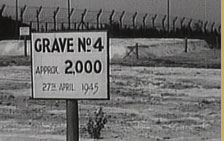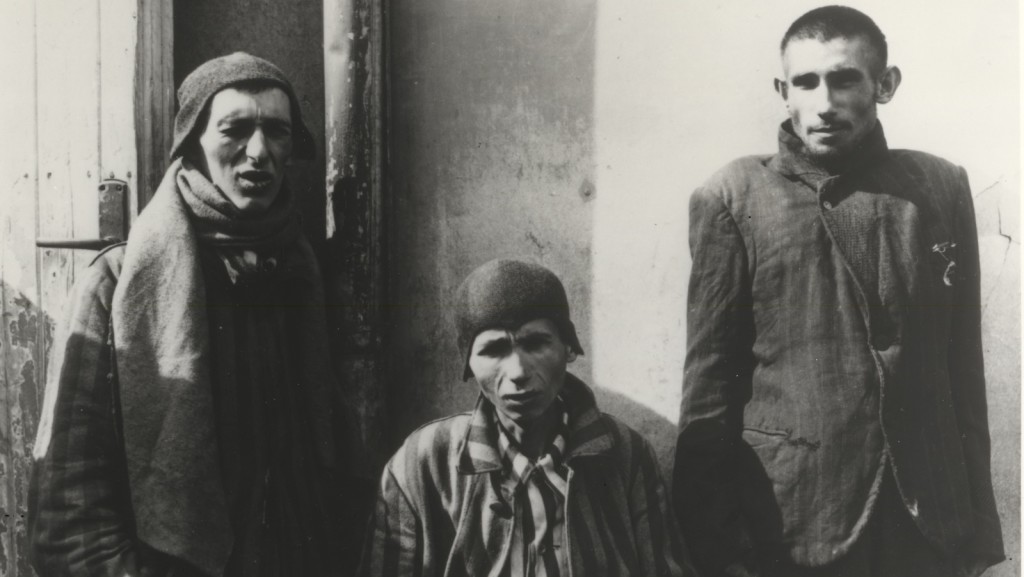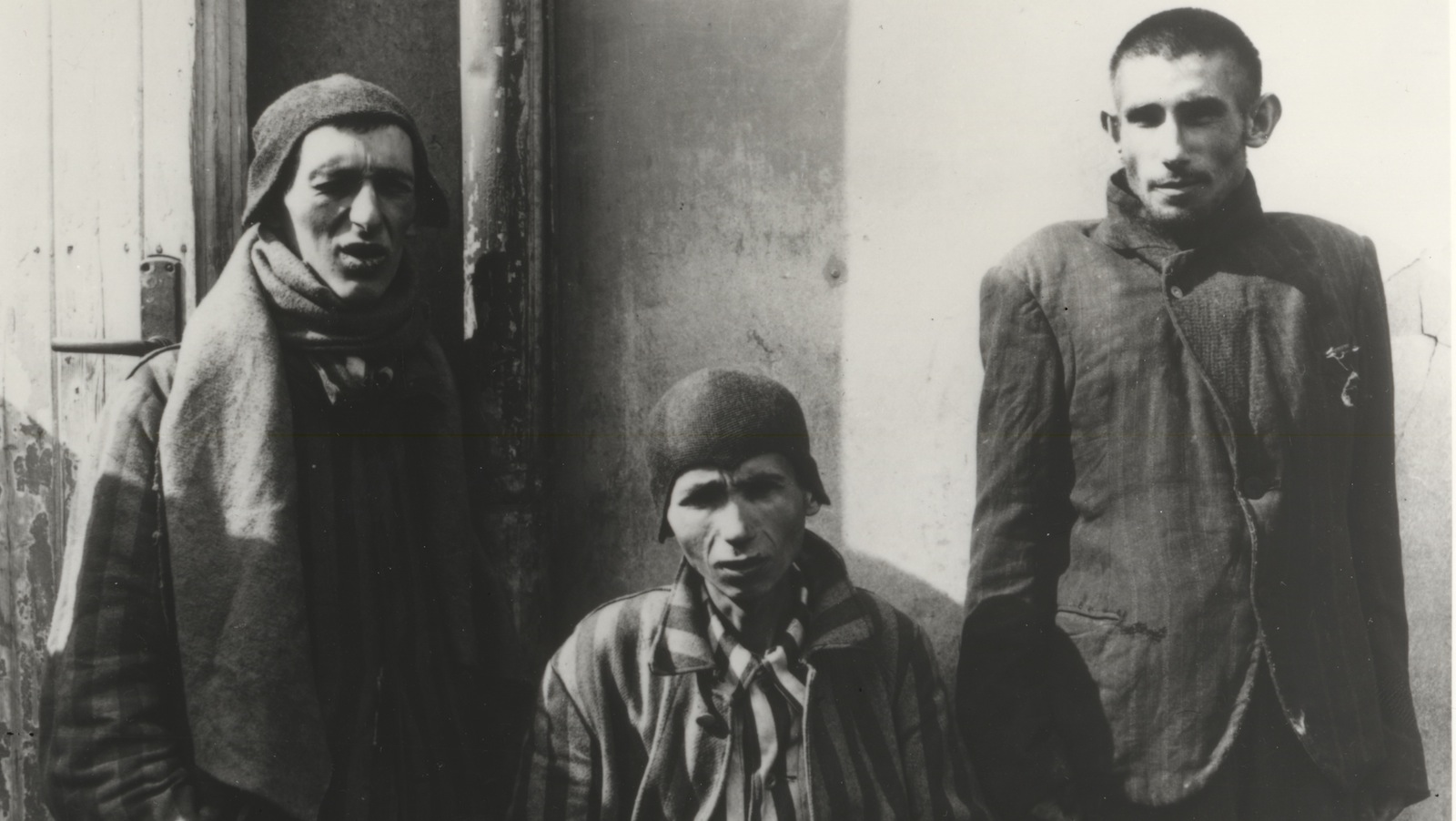Hitchcock and the Holocaust: “Memory of the Camps”

February 2, 2015
Share
Night Will Fall, a documentary that recently aired on HBO, tells the story behind what has been called “Alfred Hitchcock’s lost Holocaust film” — a 1945 documentary filmed by camera crews who accompanied Allied armies as they entered the Nazi death camps at the end of World War II.
Five of the Hitchcock film’s six reels aired for the first time on FRONTLINE nearly 30 years ago, in Memory of the Camps.
“At the time we found the film in a vault of London’s Imperial War Museum, it was not entirely clear what role Hitchcock played in its development,” says David Fanning, executive producer of FRONTLINE. “Moreover, one reel of the original six, shot by the Russians, was missing. There was a typed script intact — undated and unsigned — but it had never been recorded.”
The footage was as horrifying as it gets: Gas chambers. Pits full of the bodies of thousands of systematically starved men, women, and children. Crematoria designed to burn large numbers of corpses. And haunted, emaciated survivors.
Work on the documentary featuring the footage had begun in the summer of 1945, with some of the editing done under the direction of Hitchcock (who, according to the film’s director, Sidney Bernstein, would not take a fee for his work). But as Night Will Fall explores in detail, the film was ultimately shelved.
In 1985, after finding five of the film’s six reels, FRONTLINE added the script and asked the late British actor Trevor Howard to record it. FRONTLINE’s plan was to present the film unedited, as what the film’s producers had originally intended it to be: an unflinching documentation of the conditions of the death camps.
FRONTLINE broadcast the film for the first time in May of that year, using the title the Imperial War Museum had given it: Memory of the Camps. The New York Times said, “Memory of the Camps is a filmed monument that does more than tell the story of what it is recalling. It is the story itself,” and the Boston Globe called it “an uninterrupted silent scream that one can’t turn a deaf ear to or look away from.”
Watch Memory of the Camps in full, for free, on FRONTLINE’s website here, and learn more about the film’s remarkable history and backstory here.

Related Documentaries
Latest Documentaries
Related Stories
Related Stories
Explore
Policies
Teacher Center
Funding for FRONTLINE is provided through the support of PBS viewers and by the Corporation for Public Broadcasting, with major support from Ford Foundation. Additional funding is provided the Abrams Foundation, Park Foundation, John D. and Catherine T. MacArthur Foundation, Heising-Simons Foundation, and the FRONTLINE Trust, with major support from Jon and Jo Ann Hagler on behalf of the Jon L. Hagler Foundation, and additional support from Koo and Patricia Yuen. FRONTLINE is a registered trademark of WGBH Educational Foundation. Web Site Copyright ©1995-2025 WGBH Educational Foundation. PBS is a 501(c)(3) not-for-profit organization.





















